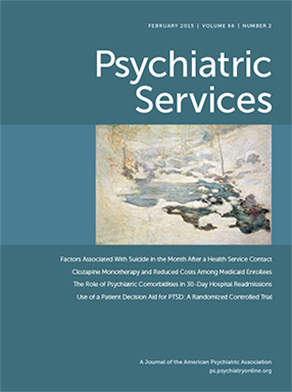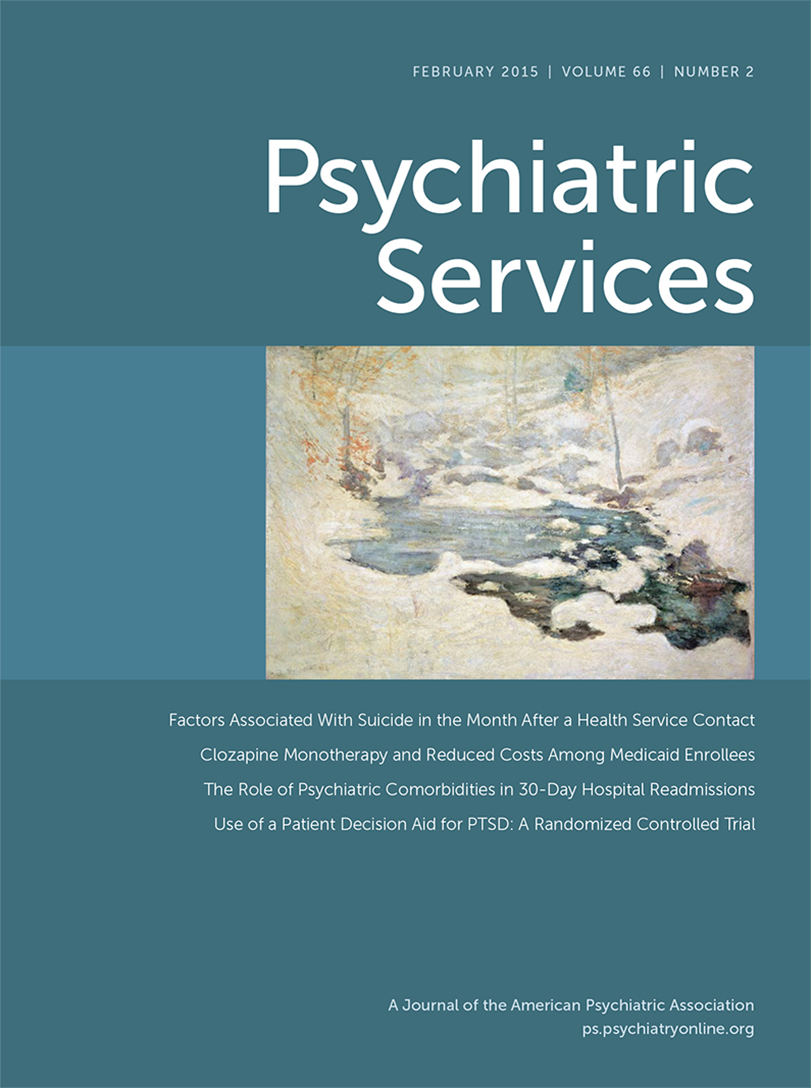A core feature of forensic training concerns key legal decisions that relate to law and mental health. These cases are often referred to as landmark cases. Professional organizations, such as the American Academy of Psychiatry and the Law, develop and refine lists of the most relevant of such cases. Over time, these cases have defined the legal boundaries within which mental health care is delivered in the United States, as well as shaped legal thinking that can implicate forensic evaluations and forensic systems. For individuals who practice in the field of forensic mental health, these cases provide a foundation. The editors of Landmark Cases in Forensic Psychiatry, Elizabeth Ford and Merrill Rotter, write in their introduction, “We have designed this book with forensic psychiatry and psychology trainees and practicing clinicians in mind. . . . We classified cases based on our interpretation of the most important holding for each case.” The editors, along with contributing authors, accomplished this by coherently grouping forensic psychiatry landmark cases and explaining them simply. The book targets an audience of trainees and active practitioners. In each chapter, the book builds up an area of forensic inquiry through a review of a number of cases that led to legal decisions in particular subject areas.
The chapters are arranged in five major sections: Mental Health Practice Guidelines, Institutional Treatment Guidelines, Child and Adolescent Issues, Tort Law, and Criminal Law and Incarceration. The last chapter of each section includes a set of questions testing the reader’s knowledge. The chapters also contain descriptive answers to the questions, providing a useful study guide. For example, the Mental Health Practice Guidelines section contains four chapters, covering confidentiality and privilege, informed consent, duty to protect, and expert testimony. Each chapter unfolds by describing the leading landmark cases and the court decisions on the issue the chapter describes. The questions at the end of a chapter are structured to highlight important issues and parse out the nuanced concepts within the case law.
The book reads like a well-organized study guide. In a step-by-step manner, the writers provide a Web site link where the entire case can be found, then clarify the question asked in the case, as well as the response provided by the court. This is followed by a paragraph detailing pertinent features of the case in plain language. The authors make the information related to the forensic issues both accessible and understandable.
An alphabetical listing of the cases after the table of contents and appendixes at the end of the book help readers who may be searching for particular cases. The appendixes also include a copy of the Bill of Rights and Fourteenth Amendment of the U.S. Constitution, which are pivotal constructs around which the legal cases often turn. There is also a flowchart of the steps a case takes to reach higher levels within the U.S. court system and a map of the geographic boundaries of the United States Courts of Appeals and United States District Courts.
In future editions, the book could benefit from an introductory paragraph in each chapter to frame how the cases knit together to define an area of mental health issues in the law. In this volume, the chapters jump right into the cases without explaining why they have been grouped together in the chapter. The questions that conclude the sections help the reader make sense of the importance of selected cases, but the chapters would benefit from an abbreviated summary of the history of the case law presented.
This book should be considered essential reading for the forensic mental health trainee working to master foundational knowledge in the field. In addition to its use as a teaching guide for students, this book has incredible practical value for all mental health practitioners seeking to learn about law and mental health. Overall, the book is concise, and the information on landmark cases is easily attainable because of the authors’ thoughtful arrangement of cases and use of simple language. This collection of case summaries, woven together to illustrate the various principles and legal findings, should be considered a staple for all who are looking to develop their understanding of law and mental health.

